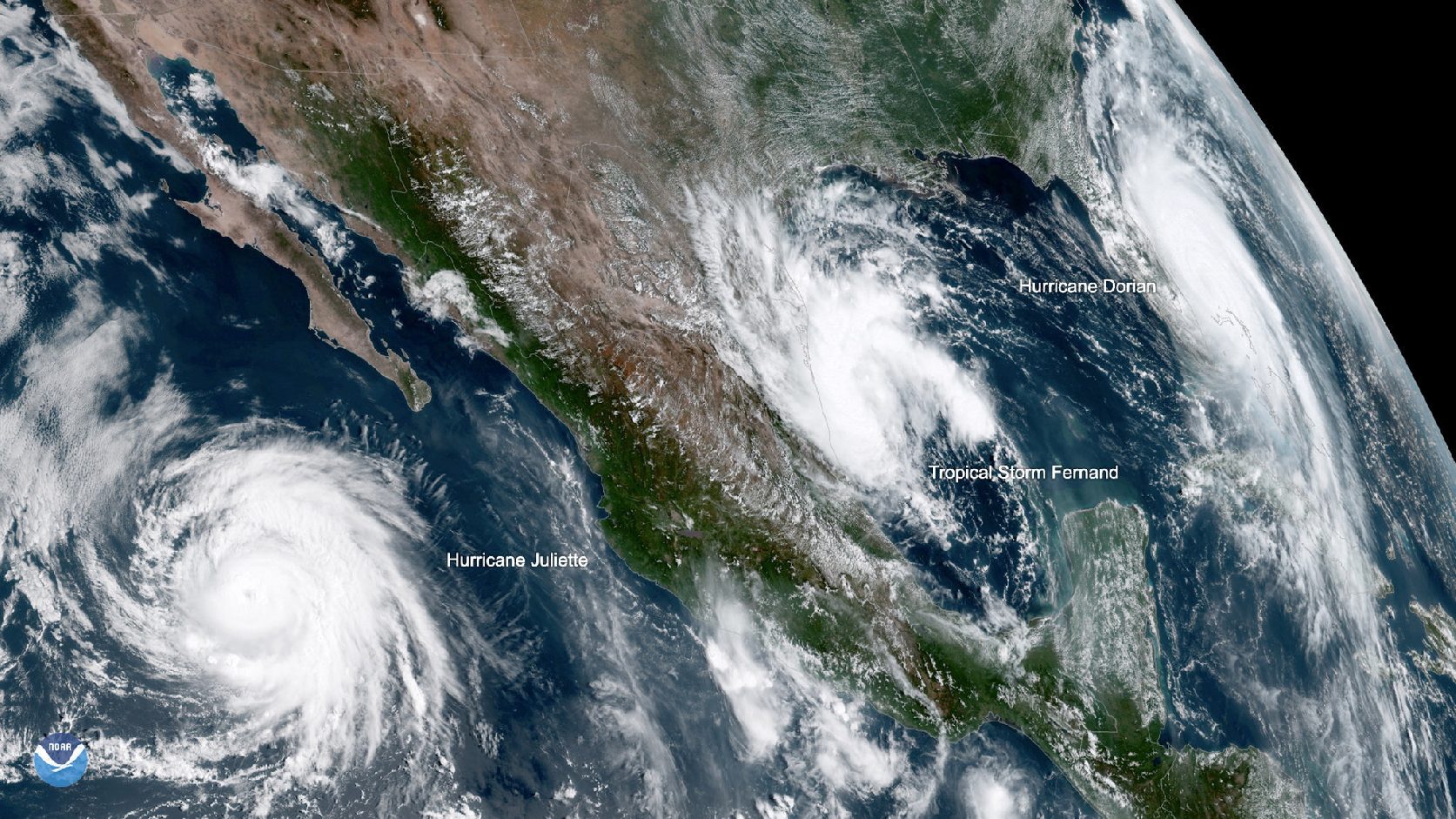The World Meteorological Organization (WMO) highlighted the role of the oceans in protecting the climate on the occasion of World Meteorological Day.
„The oceans act as a thermostat and conveyor belt for the EarthGeneva organization said. They absorb carbon dioxide and the sunlight emitted and harmful to the climate, and dissipate heat and water vapor on the planet, and affect the weather and climate in the world with their currents.
However, climate change also has far-reaching effects on the seas.
Over the past 40 years, the oceans have absorbed 20 to 30 percent of man-made emissions of climate-damaging carbon dioxide, according to data from the World Meteorological Organization. This has acidified the water, endangering the ecosystems there, including people who live by fishing.
Oceans also absorb 90 percent of the excess heat associated with carbon emissions, which puts the water at risk of further warming.
The warming of the oceans could contribute to devastating hurricanes in the Antante region, and strong hurricanes in the Indian Ocean and the South Pacific.
„Oceans are warming to record levels, and water acidification continues unimpeded. The consequences will be felt for centuries, because oceans have a long-term memory.WMO Secretary-General Petteri Taalas said.
World Meteorological Day, 23 March, the day the convention establishing the World Meteorological Organization entered into force in 1940. The World Meteorological Organization supports all meteorological and hydrological services around the world, helping the lives of billions of people through their climate predictions And the weather.
Cover photo illustration.













































